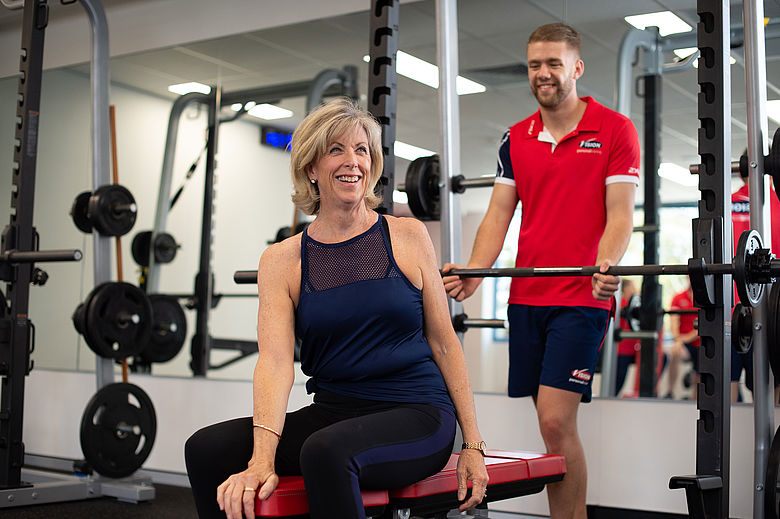Recently it has become clear that there is an obesity epidemic in Australia, with the scariest part being that it starts during adolescent years. On the other hand, eating disorders and body image issues are on the rise as well. So how do we create a healthy relationship between kids and food without creating anxiety?
- Remove guilt from food
Let's avoid making kids feel guilty about consuming particular foods. So let's follow advice from the Cookie Monster on this one. To avoid the guilt, we simply need to label the choices as either "everyday foods" or "sometimes foods".
"Everyday foods" are those with high nutritional values such as lean meats, high fibre cereals and fresh fruit & vegetables. The "sometimes foods" are those high in sugar and fat such as cookies, candy and juice/soft drink that we only have on special occasions.
- Teach them to be social media savvy
Like most issues nowadays, social media has a lot to answer for. Almost every day you can logon and see new 'detox programs' or 'perfect bikini body guides'. It's natural for children and adolescents to want to follow and imitate their role models or heroes.
Unfortunately, social media is giving young people an unrealistic view of perfection to compare themselves to, so parents need to be educated and aware of how to deal with this.
For example, letting kids know most imagery is photo-shopped and edited. Also, most celebrities have a team of experts behind them including nutritionists, personal trainers and stylists to allow them to look a certain way.
- Lead by example
Do as I say AND also as I do. If you expect your children to follow a balanced food plan, then you have to show them how. Having a pantry stocked with biscuits, chips and chocolate that you eat regularly will not give you a lot of bargaining power.
Children are visual learners, so if they see their parents engaging in regular exercise and eating healthily this can have a significant influence over their health habits.
Why not dedicate time where the family is active together? By introducing kids to fun activities such as soccer in the park, or taking your dog for a walk on the beach, they are more likely to want to move more. Also, have the kids help prepare dinner once a week so they can see that healthy eating is fun!
- Keep conversation lines open
One of the best ways to ensure your children are honest about what they putting into their mouths and feel free to ask questions is to facilitate opportunities for open conversations at home.
The more time you spend with kids when they are younger, the more likely you are to cement relationships which will ultimately lead to more open and complex conversations when the kids get older.
*Disclaimer: Individual results vary based on agreed goals. Click here for details.

